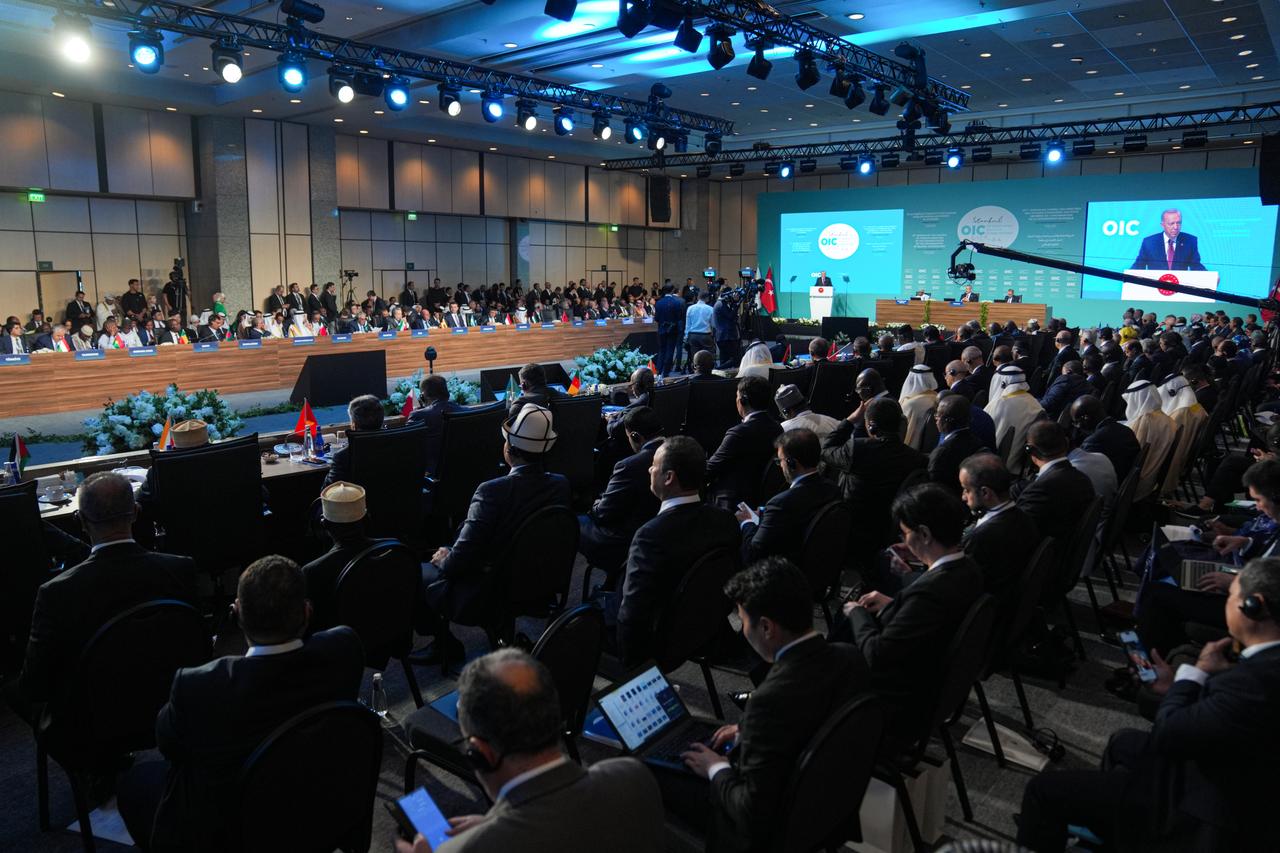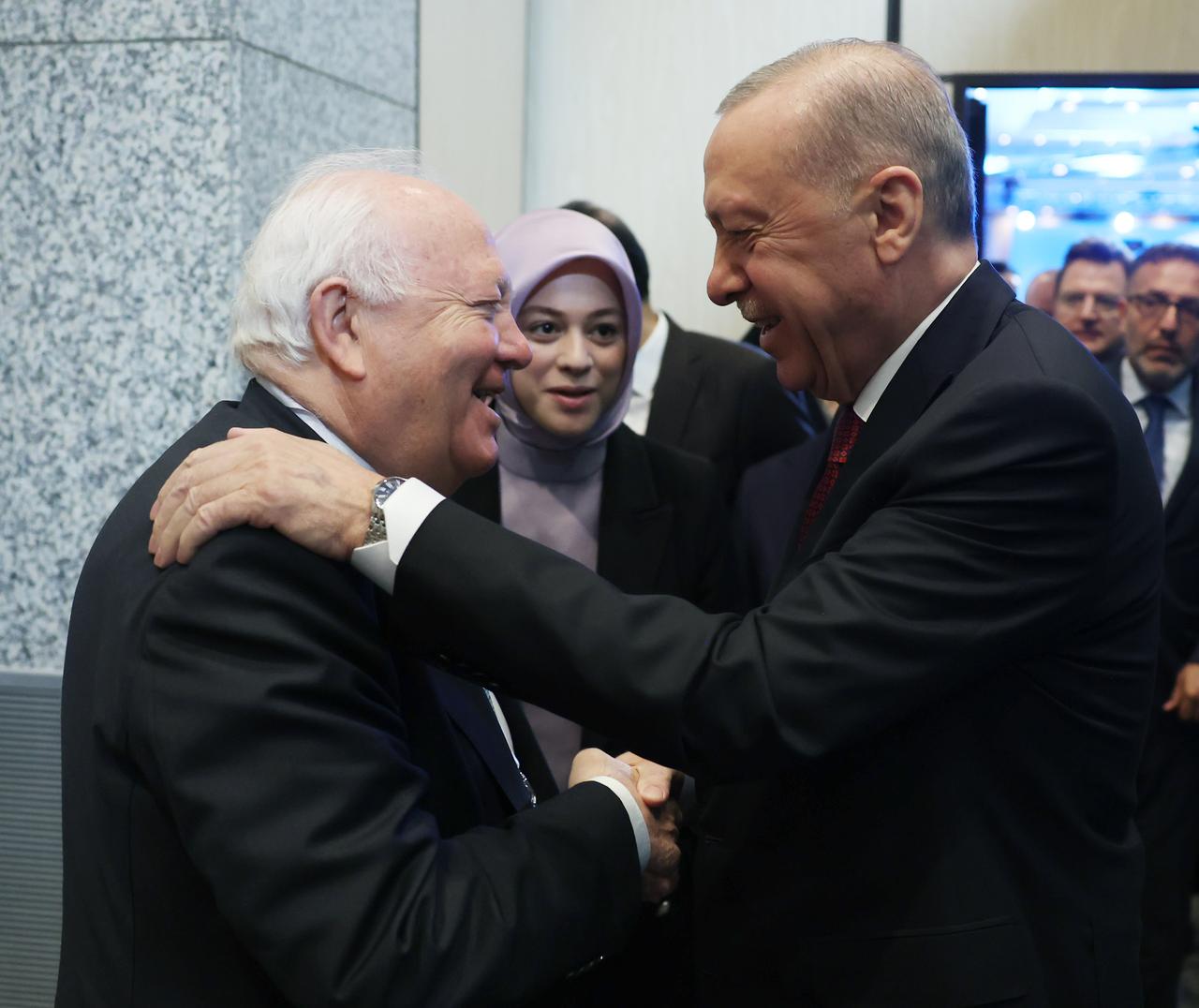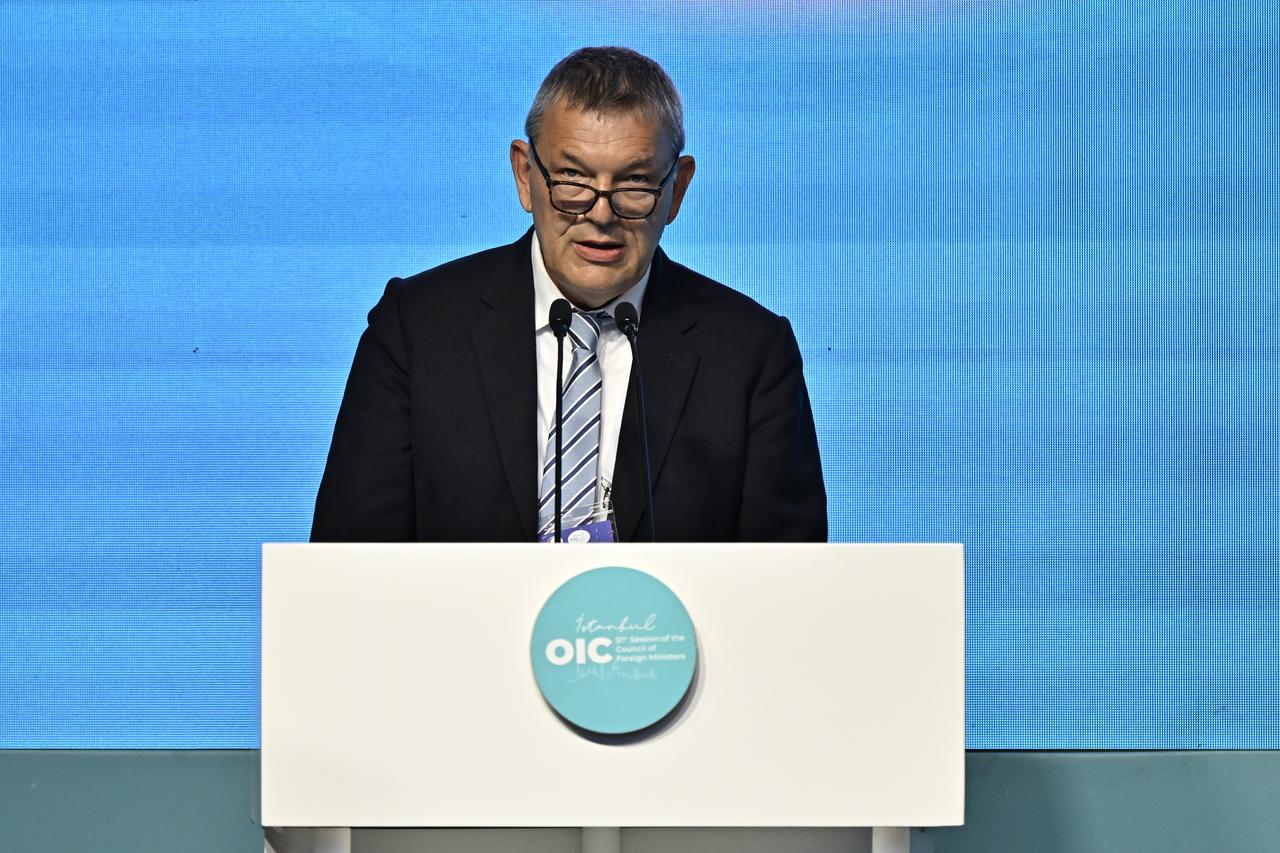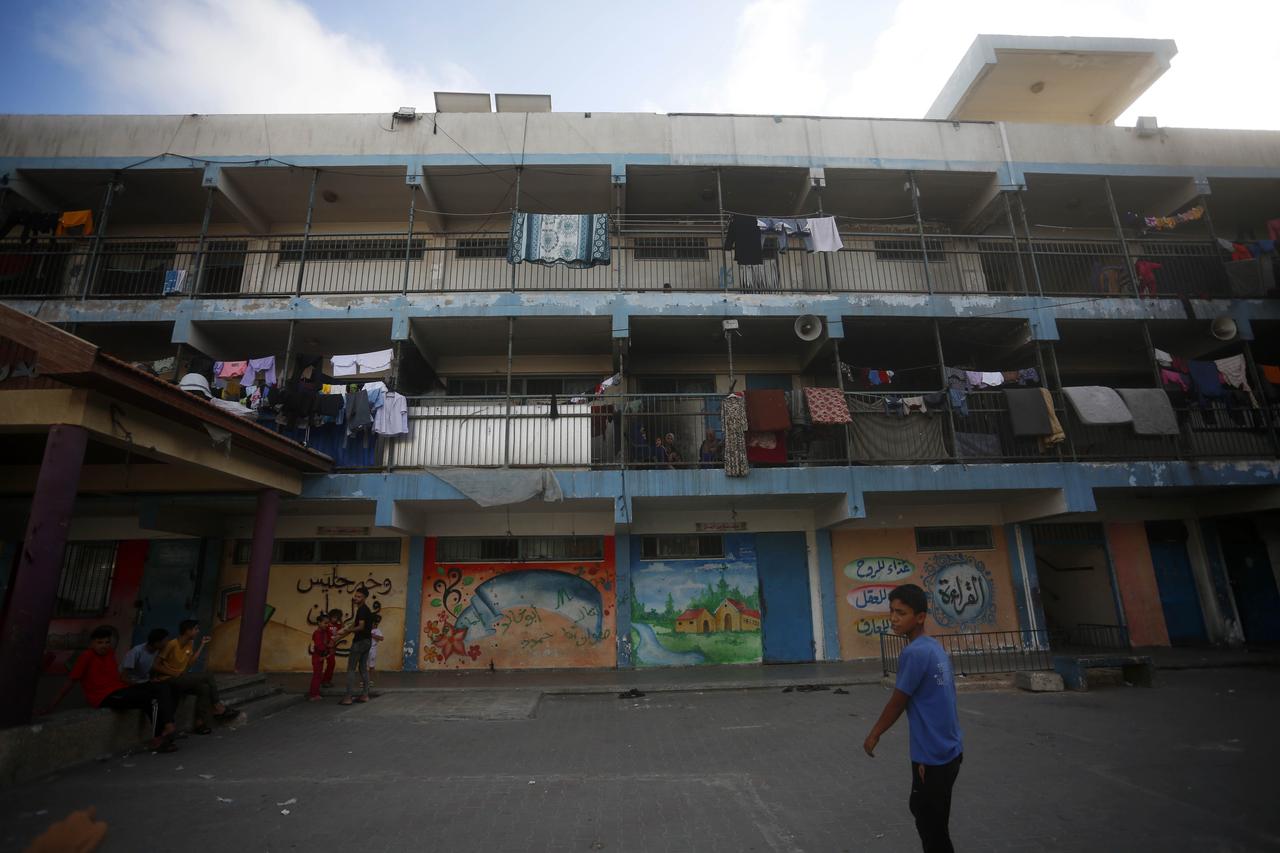
UN Alliance of Civilizations High Representative Miguel Angel Moratinos warned that digital platforms, once considered spaces of freedom, have now become areas where hate speech is reflected, particularly targeting Muslim communities.
Speaking at the 51st Session of the Organization of Islamic Cooperation (OIC) Council of Foreign Ministers in Istanbul, Moratinos highlighted the dangerous evolution of online platforms in spreading discriminatory content.
"Anti-Muslim rhetoric is spreading on online platforms, and algorithms are supporting this. Digital platforms, which were once considered a space of freedom, are now an area where hate speech is reflected," Moratinos stated during the meeting at Lutfi Kirdar Congress Center.
The UN Special Representative for Combating Islamophobia emphasized that technological advancement has inadvertently created new channels for discrimination and prejudice against Muslim communities worldwide.

Moratinos specifically cited the role of algorithms in perpetuating and amplifying anti-Muslim rhetoric across digital platforms, highlighting how technology designed to enhance user experience has become a tool for spreading discriminatory content.
The U.N. official noted that this digital spread of hate speech represents a significant challenge requiring a coordinated international response, as traditional methods of combating discrimination prove insufficient in the digital age.

Beyond online hate speech, Moratinos described Islamophobia as "a violation of human rights, a threat to social cohesion, and a violation of United Nations Charter principles," emphasizing its real-world impacts on Muslim communities globally.
He noted Islamophobia manifests in various forms across many countries, not always as violence but sometimes as exclusionary attitudes affecting employment, education, and social integration.
"Muslim women are not hired for jobs due to their headscarves, while Muslim children face bullying at schools because of their names," Moratinos cited as specific examples of discrimination affecting daily life.
The UN representative emphasized that combating digital hate speech and Islamophobia requires comprehensive international cooperation.
"The solution must be global because Islamophobia is a global problem," Moratinos said, stressing that an effective response demands "political will, moral courage, and sustainable multilateral cooperation."
He noted that fighting Islamophobia should not be limited to Muslim communities alone but represents a universal human rights issue requiring broad-based support.
Moratinos announced plans to organize a high-level meeting at UN Headquarters in New York on March 14, 2026, for the International Day to Combat Islamophobia, focusing on digital platform hate speech, among other issues.
"Our work here is not limited to any religion; it advocates for people to practice their religion without any fear by using their human rights. As special representative, I hope to achieve close cooperation with the Organization of Islamic Cooperation and its member states," he stated.
UNRWA Commissioner-General Philippe Lazzarini described the dire humanitarian situation in Gaza, where 2 million people face starvation amid ongoing conflict.
"The newly established so-called aid mechanism actually further humiliates people who are already hopeless and destroys their hopes. It actually costs more lives. Palestinians are subjected to inhumane treatment," Lazzarini stated.

Lazzarini characterized the Palestinian situation as "the peak of 20 months of disaster, impunity, and inaction," noting systematic infrastructure destruction.
"Infrastructure is being destroyed so that Palestinians cannot return to the lands they live on. The annexation here is being carried out resolutely," he said.
The UNRWA chief reported that at least 300 staff members and their families have lost their lives, making the agency itself a target of the conflict.
Despite challenges, Lazzarini emphasized that UNRWA maintains essential services in the region.
"UNRWA performs more than 50,000 medical examinations every day. Our activities continue regarding shelters and providing drinking water," he said.

Lazzarini warned that UNRWA faces severe financial challenges threatening continued operations without additional funding.
"I want to call on the Organisation of Islamic Cooperation and, likewise, its member states; I ask you to take action politically and financially so that Palestinian refugees can access the most basic services. The lives and fate of millions of people are in your hands," he declared.
UN Assistant Secretary-General Khaled Khiari emphasized diplomacy's crucial role in addressing regional conflicts, particularly the escalating Israeli-Iranian tensions.
"Diplomacy is the most important tool in establishing lasting peace," Khiari stated, noting that conflicts beginning with Israel's attacks on Iran continue escalating with both sides suffering significant losses.
He recalled U.N. Secretary-General Antonio Guterres' call for the immediate cessation of conflicts between the two countries and the reduction of tensions.